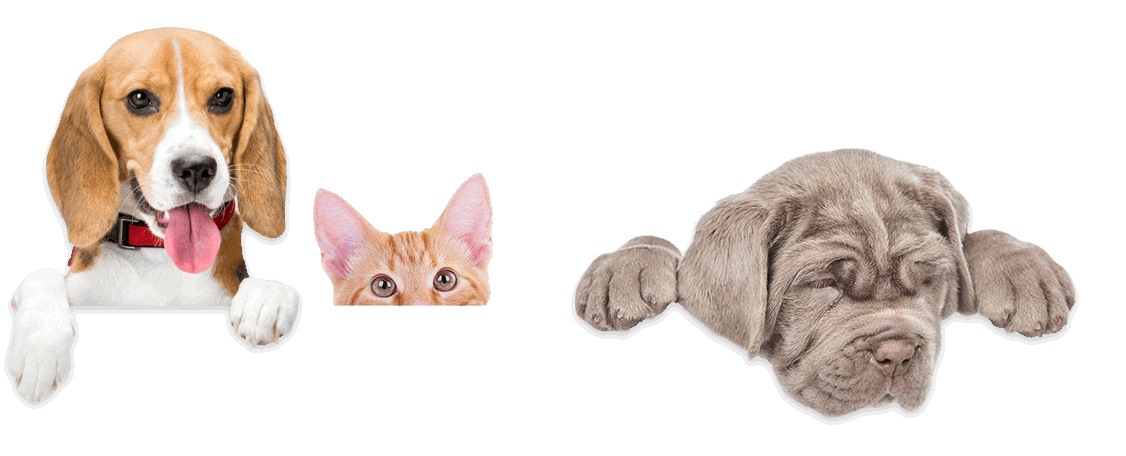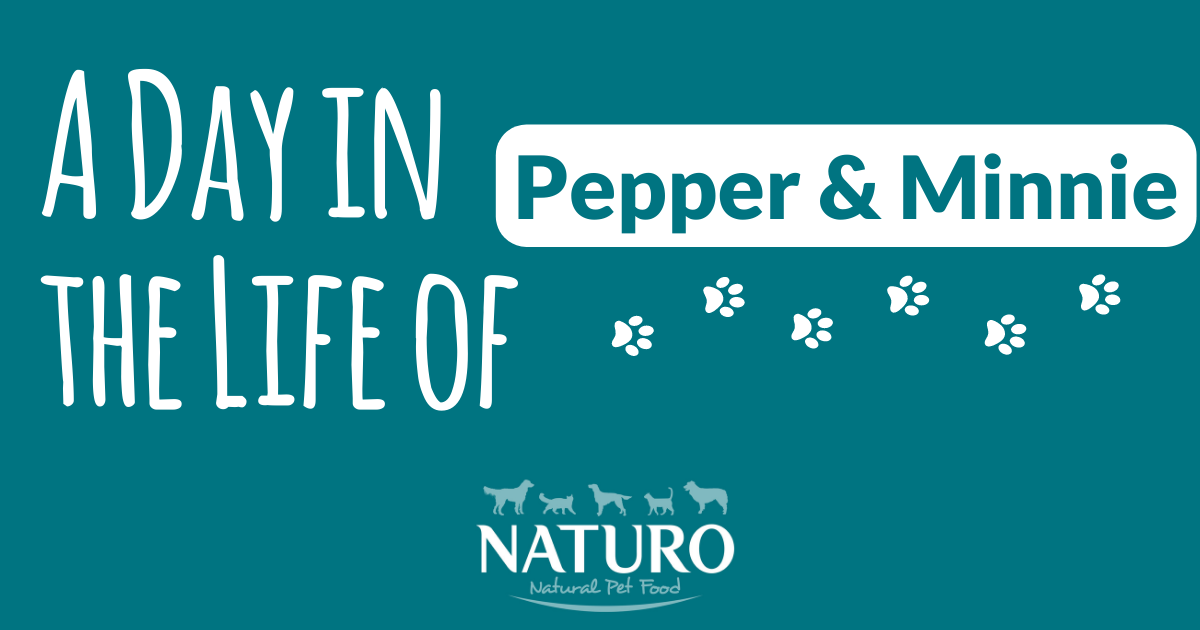


Before I tell you the story of how Pepper and Minnie, helped turn my husband and I into a family, let me introduce you to them. Pepper and Minnie are chocolate Dapple miniature short haired dachshunds. Pepper is nine years old and Minnie is almost three.
Both have similar characteristics to each other. I’m guessing other dachshund parents will identify with this list;
However, the biggest difference between Pepper and Minnie is their people skills. Pepper is a one-person dog and that person must be female. She does not favour men, except her daddy. We literally are her world! If for some reason Pepper needs to stay with my parents, she becomes my mum’s dog and will not go near my dad. When my brother and his wife pop in she almost faints with excitement when she sees my sister in law, but this turns quickly to angry barking at my brother.
On the other hand, Minnie LOVES people. She will happily trot up to any stranger, tail wagging vigorously, to say hello. While Pepper will happily stay by my side; or more likely behind my legs.
 Cute, right!?
Cute, right!?
Back in 2010 I decided I wanted a new challenge in a new company. I actually didn’t want to work for a company who makes cat and dog food because I was so scared of dogs (scared as in terrified) and I prefered lions or tigers to pet cats (sorry cat lovers).
At the time I thought it would be good job interview practice for when an opening in another company I would want to work for came along. Somehow I ended up accepting the job and once the initial ‘yeah, I think I am doing the right thing’ wore off I said to my husband “Oh no what am I doing, what am I going to do, I’m terrified of dogs what if they ask me to go to a dog show or do something with dogs?”.
My husband grew up with a family dog and had a love for short haired dachshunds. It was a running joke with his family, at my expense, that someday we would own a dachshund who would live in the house. Not a chance, I could think of nothing worse – the thought of owning a dog was bad but a dog in my clean house - unthinkable!
Only a few days after I joined the company, I learned have a deep passion for cats and dogs and producing high quality food for them. It was the perfect opportunity for my husband to take advantage and suggest that maybe owning a small little short haired dachshund would help me get over my fear and avoid any embarrassing dog moments in my new company. Long story short – the research started into finding the perfect miniature dachshund to turn my husband and me into three.
When you are deciding to become a pawrent you need to truly consider what owning a dog means – time commitment, emotional commitment and financial commitment.
You should not just be thinking “do I have time to to walk a dog” or “do I have a suitable outdoor space for them to run about in?”. You need to think about the bigger, long term picture.
Becoming a dog owner means you resume the role of parent, not just simply owner. It is your responsibility to keep your dog safe, fit, and healthy which takes – you guessed it - commitment.
It is a massive responsibility but so worth it. Your commitment is greatly rewarded by the friendship, loyalty, love and fun you will without any doubt receive from your new baby – trust Gemma & I, we have first-hand experience!
As a new dog parent I committed time to puppy training as I had no idea how to get Pepper to do what I wanted. My biggest worry was toilet training; how to transition her from peeing on the newspaper on the floor to going out to the garden (in the snow too, during the winter of 2010!).
 Look at that puppy face!
Look at that puppy face!
So I invested time and money to get help in the form of puppy training. This was the best investment ever! I started to develop a relationship and an emotional connection with Pepper which led to her being very obedient and following my commands which keeps her safe. I think it should be renamed parent training as I learned as much if not more than Pepper.
The most important command we learned was “stay”. No matter what you decide to do as a pet parent – getting help with training your puppy or the both of you learning together as you go along – this is the most basic but most important command.
As a pet parent, you need to have 100% confidence when you ask your dog to “sit and stay” or “stay” that they will do it consistently every time, for their safety. You don’t want to be in a situation where you drive to the park for a walk, open the car to let your precious friend out and while you get their lead from the car or tie your shoelace that your dog is ‘staying’ safely in the one spot as opposed to running off getting lost – or worse, getting into the path of a moving vehicle.
Even though we understood the principles of training a dog, we repeated puppy training with Minnie when we added her to the family as we realised the vital role training played in keeping her safe.
To keep your pup healthy, it is important to maintain their physical and mental health. This is done through regular exercise and mental stimulation through play, games and even learning some tricks (we mentioned mental health tips previously here and trick tips here).
Developing and establishing a grooming routine early in your pup’s life is also important for physical health. Introduce a routine when your pup is young and commit to maintaining this on a regular basis so it will be the ‘norm’ and accepted by your pup, as opposed to becoming a battle which you and your pup dread.
Your grooming routine should include (breed dependent):
Possibly not all in one sitting, and not without some play and fun time included!
As you get to know your pup you will learn what the right routine is for you and them. Pepper knows when it is bath time and although she doesn’t like water she tolerates it and is such a good pup. She also knows next comes ear cleaning when bath time is finished but she also knows she is one step closer to PLAY time!
With both smelling like roses with sparkly clean ears they get to play hide and seek with her mummy – just dog and mummy time – the best time ever! Mixing grooming with fun will help keep the physical and mental health of your pup in tip top condition.
Join us next week when we talk about buying a puppy and bringing them home.
Until then,
Elaine, Pepper and Minnie x
